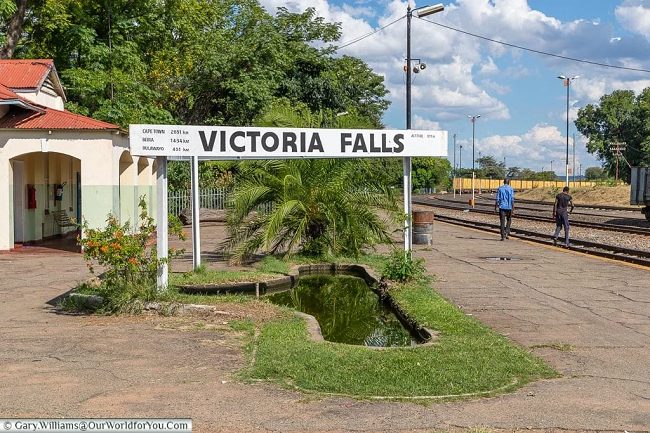Southern Africa on Friday, July 25, 2025, took a significant leap in regional environmental co-operation with the official launch of the Southern Africa Ramsar Regional Initiative (SARRI) at the ongoing 15th Meeting of the Conference of the Contracting Parties to the Ramsar Convention on Wetlands (COP15), being held in Victoria Falls, Zambia.

The launch event was marked by the presence of high-level dignitaries and technical experts, signalling a strong and united front by Sadc member States to safeguard the region’s wetlands.
The initiative is aimed at promoting wetland conservation and sustainable use across borders, in alignment with the Ramsar Convention’s global objectives.
Speaking on behalf of Zambian President Hakainde Hichilema, Water and Sanitation Development minister Collins Nzovu emphasised the ecological and socio-economic importance of wetlands.
“Wetlands are critical to our biodiversity, our livelihoods and our resilience to climate change. Zambia is proud to co-host this historic launch and stand united with our Sadc partners in protecting these ecosystems,” he said.
Zambia leads the SARRI Steering Committee as Chair, with South Africa serving as co-chair – a leadership structure that was endorsed earlier this year, following a series of consultations and workshops, including the pivotal meeting held in La Réunion in May 2024.
That meeting resulted in the La Réunion Declaration, which laid the groundwork for the governance framework and operational strategy of SARRI.
Yesterday’s launch served as a formal introduction of SARRI and an appeal to stakeholders — from governments and civil society to the private sector and donors — to collaborate on wetland restoration and protection.
Musonda Mumba, the secretary-general of the Ramsar Convention, commended Sadc countries for institutionalising regional co-operation through SARRI, which she described as a model for other regions.
The Sadc Secretariat, represented by senior programme officer for environment and climate change, Sibongile Mavimbela, and IUCN’s eastern and southern Africa regional director, Luther Anukur, also delivered remarks supporting the initiative.
A key highlight of the launch was the unveiling of SARRI’s Draft First-Order Strategic Plan, which outlines its conservation priorities, funding needs and a roadmap for operationalising wetland-related policies.
The plan positions SARRI to support Transfrontier Conservation Areas (TFCAs) and aligns its goals with broader Sadc frameworks on biodiversity and climate resilience.
During a short panel discussion, Sandra Ponde, chair of SARRI, and partner representatives from NatureXpairs and OFB reflected on the initiative’s progress since its adoption at COP14 in 2022.
They acknowledged achievements in governance, partnership building, and regional consensus, while also identifying funding gaps and capacity needs as pressing challenges.
The event concluded with closing remarks from government representatives of Seychelles and Mozambique, delivered in French and Portuguese respectively, reinforcing the inclusive and multilingual spirit of the initiative.
The launch of SARRI is expected to catalyse increased technical co-operation, resource mobilisation and policy harmonisation across southern Africa, ensuring that wetlands remain protected, resilien and central to regional development agendas.
It also builds momentum toward the adoption of the Victoria Falls Declaration, which is set to be the key outcome document of COP15, positioning wetlands at the core of climate and biodiversity strategies globally.
With SARRI now officially operational, the region sets a precedent for co-operative action and ecological diplomacy – a clear signal that southern Africa is ready to lead by example in wetland conservation.
